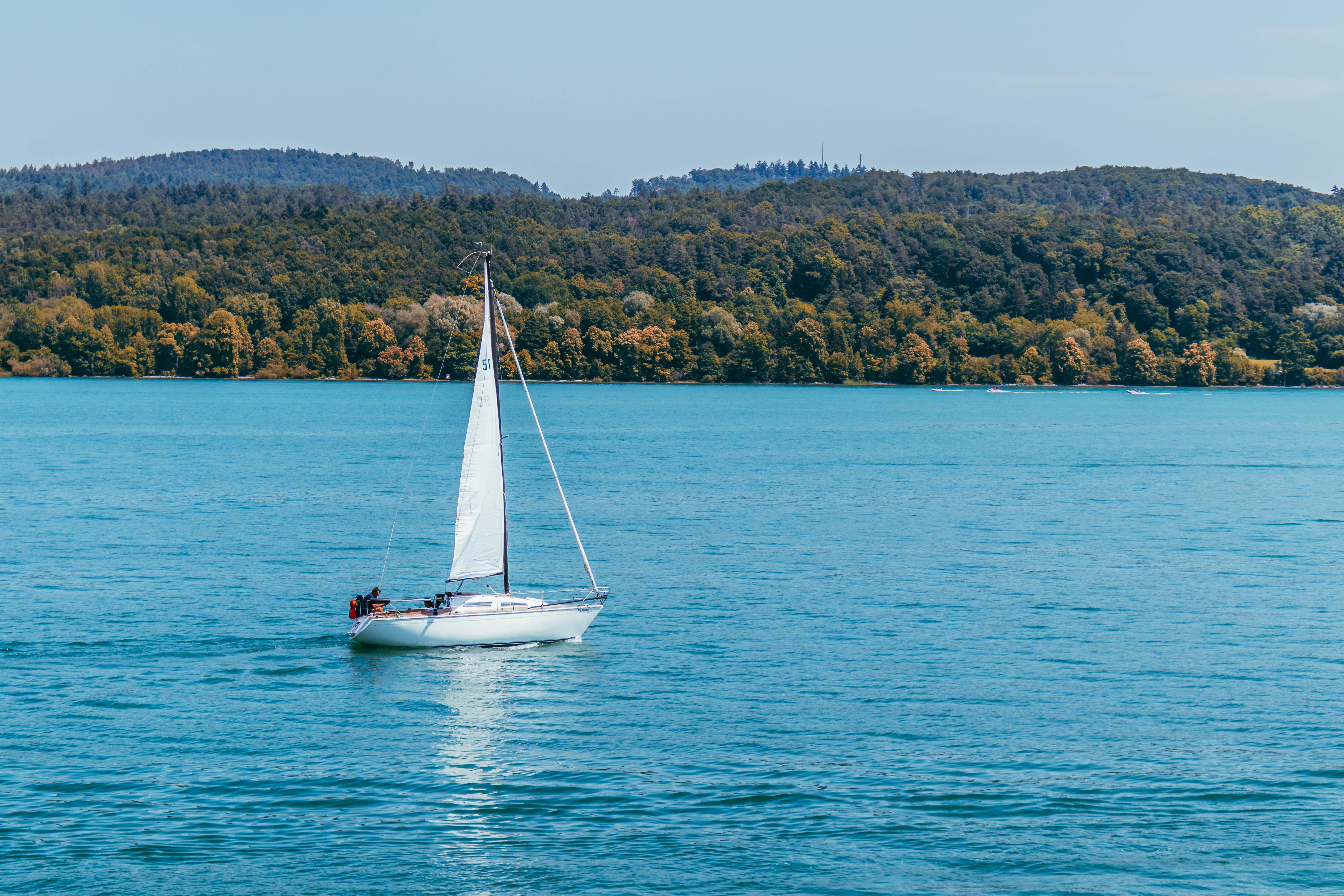Let’s get right into it:
What’s the difference between boat / PWC insurance and other types of insurance?
A boat insurance policy is more customizable in comparison with home and auto insurance policies. It is usually based on an agreed value rather than a market value. Boats are not a static entity; they have a dynamic risk profile. There is always a chance for loss from a wide range of risks – fire, theft, sinking, collision, weather, and mechcanical breakdown. A boat insurance policy should be tailored to protect against the exposed risks.
What’s similar?
Essentially many of the processes for home, auto, and boat insurance are the same. In all cases the underwriting company will assess the risk to determine a rate that coincides with that level of risk. This rate is your premium.
What else will affect the premium?
Boat insurance premiums depend on a variety of factors –coverage limits, size and style of the boat, usage, navigable waters, storage, and experience.
Are most boat insurance policies the same?
Most boat insurance policies protecting against certain standard risks – fire, theft, and collision. Where policies differ is on the coverage they provide for other risks. Pay attention to whether your policy is an all risk policy or a named perils policy. A named perils policy is significantly more restrictive. Do you cruise in a high-risk hurricane area? It is then advisable to add named storm insurance coverage to your policy. Do you layup your boat for 4 months out of the year? That may make you eligible for an additional discount. The list of unique situations goes on and on, but your policy should reflect what you need.
What are the main clauses in the policy to pay attention to?
Everything. You should always read your entire policy. But, pay special attention to the terms that address navigational territory, machinery coverage, extreme weather scenarios, protection and indemnity liability, medical payments coverage, and who is entitled to operate the boat.
What does it mean when a claim is covered?
The insurer and policyholder have a contractual agreement that binds both parties. If a boater has a claim that is deemed covered under their boat insurance policy, the insurer should always pay out the claim.
How should an insurer service a claim?
This is why it’s important to pick a credible and reliable insurance company. Even if a claim is deemed covered, you want an adjuster and claims departmentservicing the claim that will make sure it is promptly paid so you can get back out on the water. You want a reputable insurance company that is accessible, responsive, and offers a high level of service.
How should you balance price and coverage?
While it’s tempting to seek out the cheapest policy offered, that is not always advisable. You always want to be protected against the risks posed to you. Saving on premiums now, may mean paying heavily for something down the road. At the same time you don’t want to overpay. We always recommend finding a middle-ground that will protect you against exposed risk without overpaying.
Have there been more extreme weather changes and how does that affect insurance?
Extreme weather incidents have definitely increased in terms of timing, frequency, and geographical spread. Hurricanes and named storms are far more regular in recent years and have a big impact on the boating community. A boat insurance policy with named storm and flood coverage can help alleviate the damage caused by an extreme weather event.
How does coronavirus impact the boating community?
This answer varies. For some owners, coronavirus has given them more time to spend on their boats. For others, access to a boat has been limited. For a select few (yacht owners in Florida & the Caribbean), travel has been restricted, limiting where they can go.

